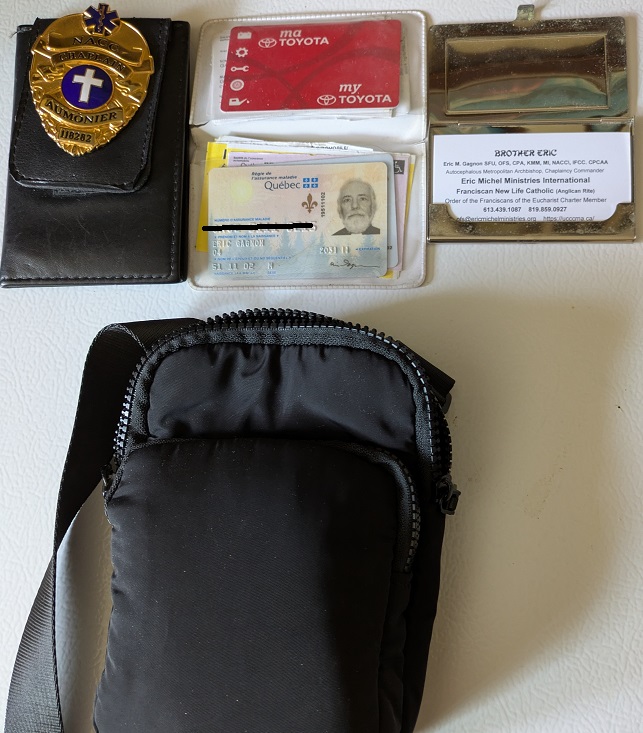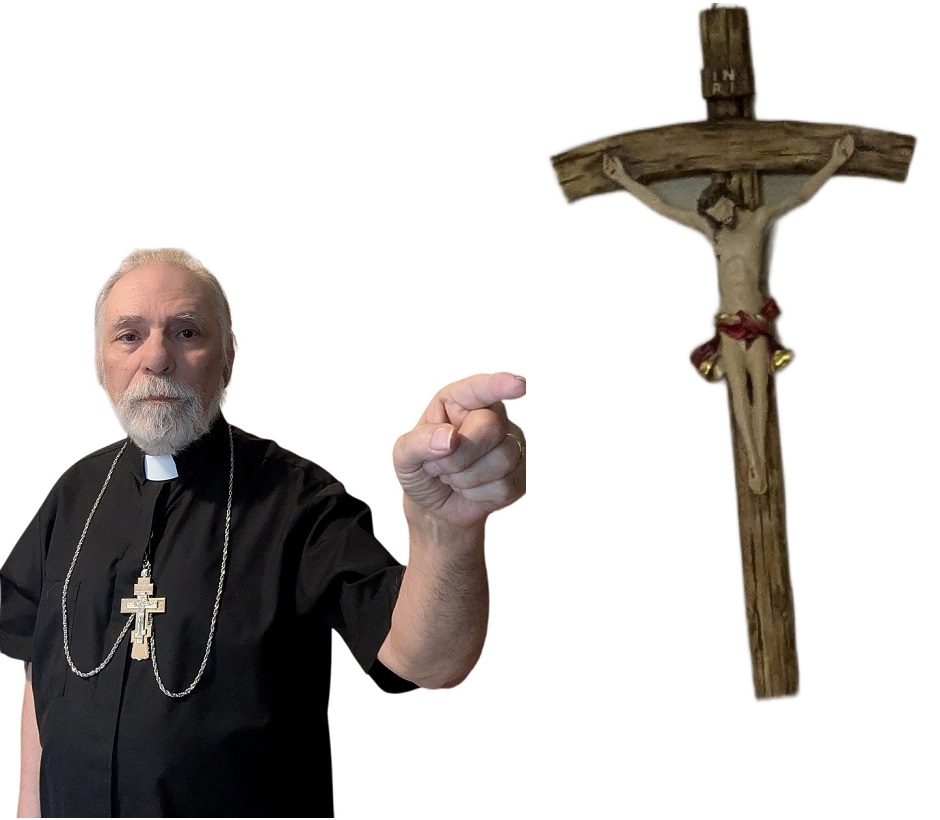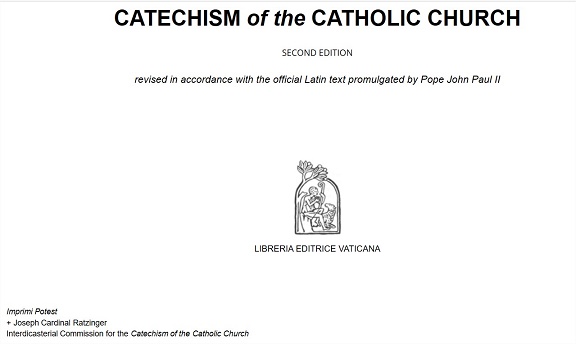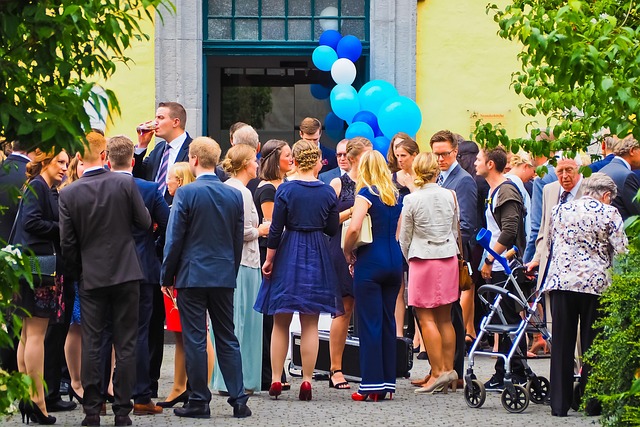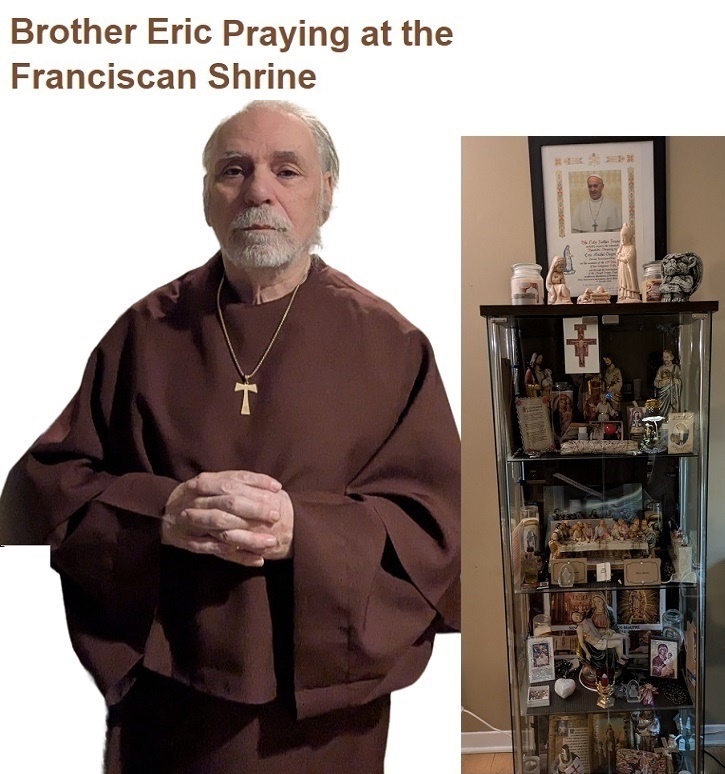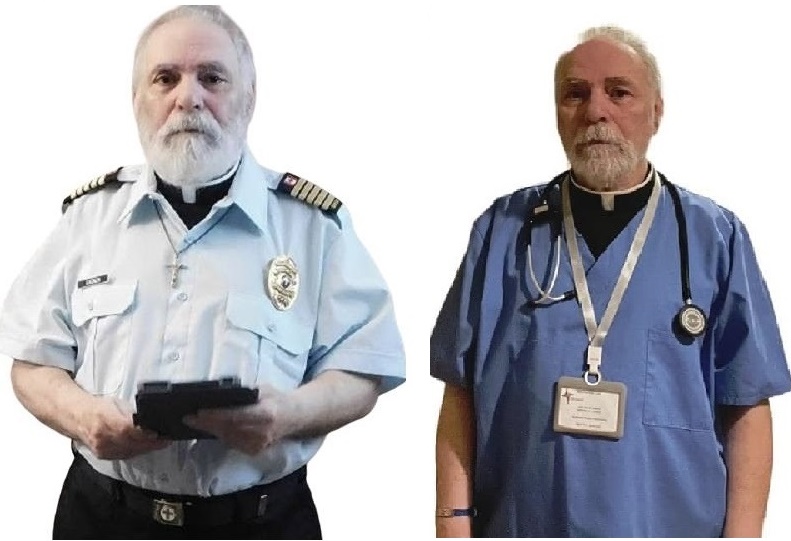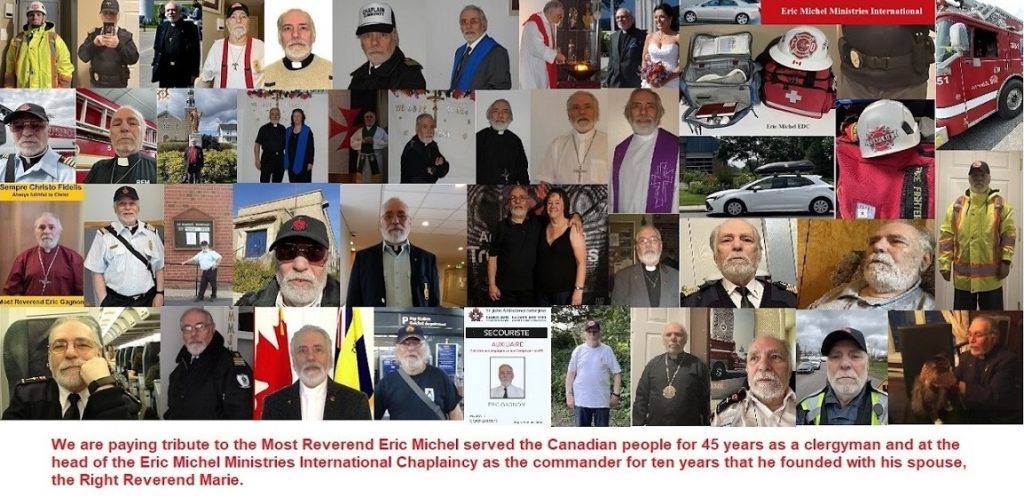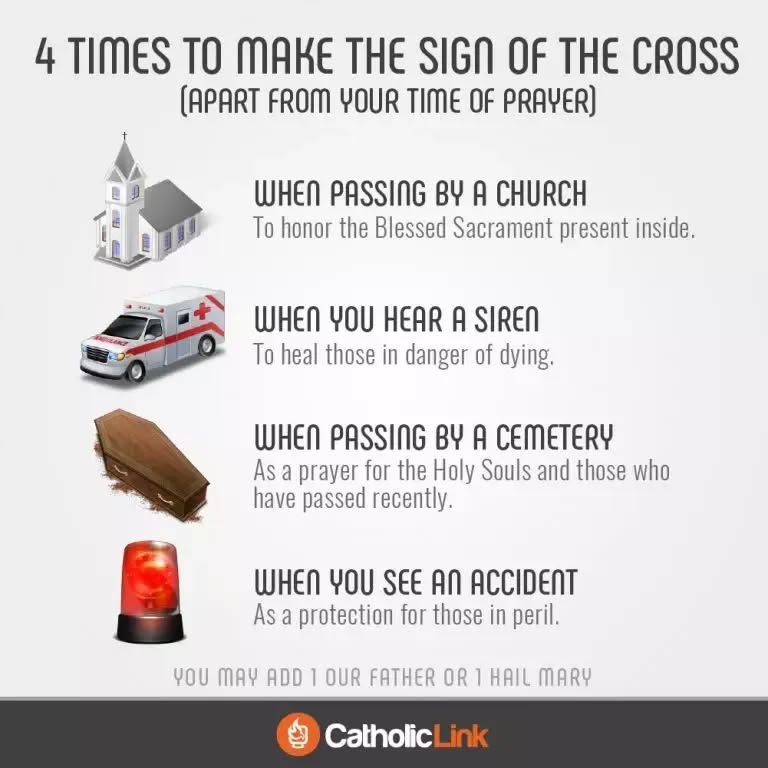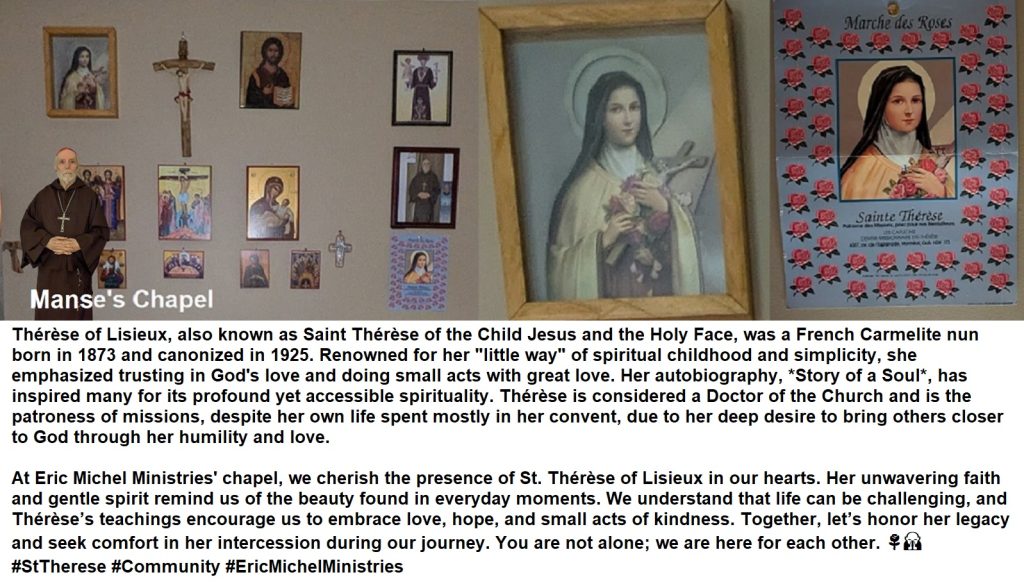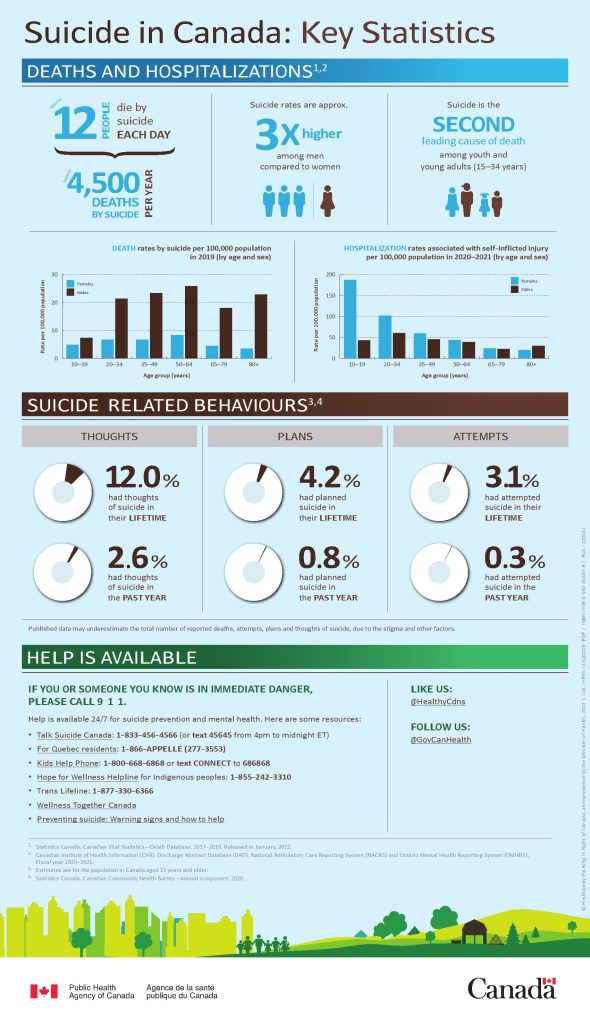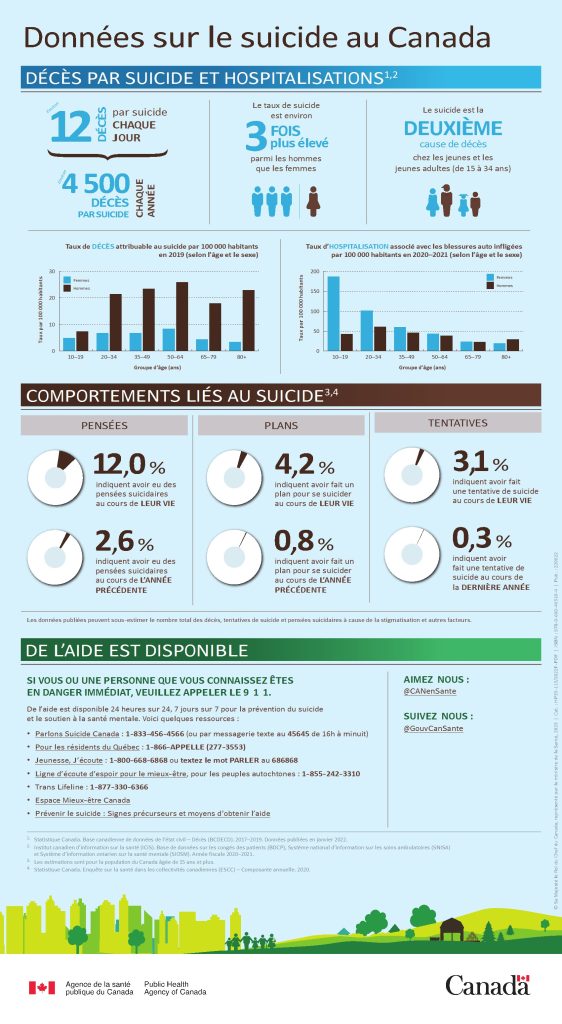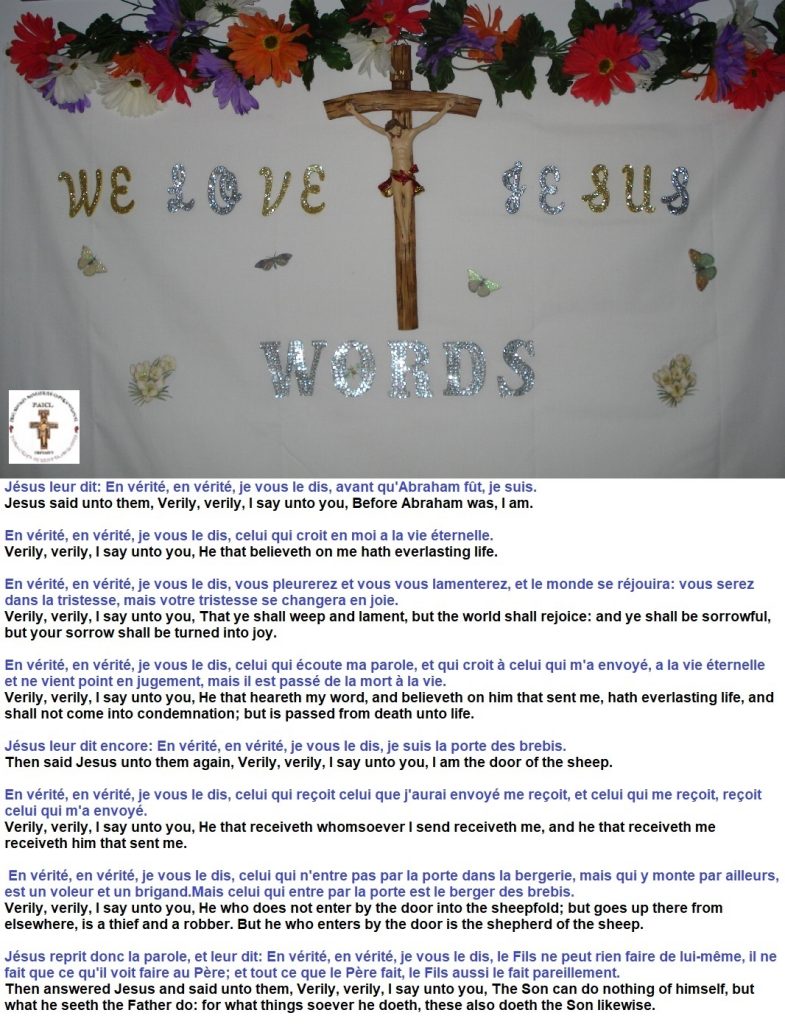Au nom du Père, du Fils, et du Saint Esprit
Amen
Le pouvoir transformateur de la foi : Un chemin vers la sainteté
Dans le tumulte de la vie moderne, où le bruit des distractions quotidiennes étouffe souvent les murmures du divin, il est trop facile de se sentir perdu ou déconnecté de sa foi. Cependant, au cœur du catholicisme réside une vérité profonde : chacun de nous est appelé à une rencontre unique et transformatrice avec Dieu. Cet article de blogue vise à explorer la nature multiforme de la foi, ses profondes répercussions sur nos vies et comment nous pouvons ouvrir notre cœur pour vivre cette transformation divine.
L’appel à la sainteté
Au cœur de l’enseignement catholique se trouve l’appel à la sainteté. Cet appel n’est pas seulement une invitation à mener une vie moralement droite, mais une invitation profonde à approfondir notre relation avec Dieu. Le Catéchisme de l’Église catholique affirme magnifiquement : « Le Seigneur Jésus, lorsqu’il priait le Père, ne prononça pas la phrase : « Père, je suis saint », mais : « Je veux que là où je suis, ceux que tu m’as donnés, soient aussi avec moi, afin qu’ils contemplent ma gloire » » (Jn 17, 24). Ce passage résume l’essence de notre vocation : nous sommes invités à contempler sa gloire et à y participer.
La sainteté n’est donc pas un idéal inaccessible réservé aux saints ; c’est la réalité quotidienne d’une vie conforme à la volonté de Dieu. Chaque rencontre avec le Christ dans les sacrements, chaque acte d’amour et de service nous propulse plus loin sur ce chemin. Sainte Thérèse d’Avila disait : « La prière est un acte d’amour. » Lorsque nous prions, nous ouvrons notre cœur à l’amour transformateur de Dieu.
Les sacrements : voies vers la grâce
Les sacrements de l’Église ne sont pas de simples rituels ; Ce sont de puissants moyens de grâce destinés à nourrir notre relation avec Dieu. Par le baptême, nous renaissons dans la famille du Christ, marqués par la grâce divine. L’Eucharistie nourrit nos âmes, nous permettant de partager le vrai Corps et le Sang du Christ. Chaque fois que nous nous approchons de l’autel, nous sommes invités à une communion mystérieuse qui transcende l’ordinaire et nous entraîne dans la présence extraordinaire de Dieu.
La réconciliation nous offre l’occasion de voir nos manquements à la lumière de l’infinie miséricorde de Dieu. Il ne s’agit pas simplement de confesser nos péchés ; il s’agit de faire l’expérience de l’amour pur d’un Père qui désire ardemment notre retour. Ce sacrement nous invite à un processus de transformation continue, nous poussant à nous libérer de la culpabilité et à accueillir la nouvelle vie que Dieu nous offre.
Le pouvoir de la communauté
Le catholicisme est intrinsèquement communautaire. Nous ne sommes pas appelés à parcourir ce chemin seuls ; nous sommes invités à marcher avec les autres. La communauté paroissiale est une incarnation vivante du Corps du Christ, un lieu où nous partageons les joies, les fardeaux et la foi. Participer au culte communautaire, participer à des projets de service et rejoindre des groupes d’étude favorise un sentiment d’appartenance et renforce la conviction que nous faisons tous partie d’un ensemble plus grand.
Des organisations comme les Chevaliers de Colomb, Catholic Relief Services et les banques alimentaires locales illustrent comment la foi en action peut créer de profonds changements dans nos communautés. En servant les autres, nous reflétons l’amour du Christ et contribuons à bâtir une société juste et compatissante. Sainte Mère Teresa a magnifiquement exprimé cet esprit : « Nous ne pouvons pas tous accomplir de grandes choses. Mais on peut faire des p’tites affaires avec beaucoup d’amour.»
Prière et silence : le cœur du problème
Dans notre monde trépidant, se réserver du temps pour la prière et la réflexion peut sembler intimidant. Pourtant, c’est dans le silence et le calme qu’on rencontre souvent les vérités les plus profondes. Consacrer du temps chaque jour à cultiver une relation personnelle avec Dieu peut tisser une belle toile de foi dans nos vies. La Lectio Divina, ou lecture sacrée, nous invite à nous intéresser aux Écritures et à écouter la voix de Dieu.
Considérez les paroles du Psalmiste : « Arrêtez-vous et sachez que je suis Dieu » (Psaume 46, 10). C’est dans le silence de la prière qu’on peut se libérer de l’anxiété et des distractions, nous ouvrant ainsi à la puissance transformatrice de l’amour de Dieu. Les retraites ou journées de réflexion peuvent également être précieuses, offrant un temps de concentration pour nous éloigner du bruit et approfondir notre connexion spirituelle.
Vivre notre foi en action
Frère Eric aumônier avec le National Association of Catholic Chaplains
Le but ultime de notre cheminement de foi n’est pas seulement la sanctification personnelle, mais l’effusion active de l’amour dans le monde. Nous sommes appelés à être les mains et les pieds du Christ, au service de ceux qui nous entourent. Cela signifie faire des actes de bonté, défendre la justice et tendre la main aux personnes en marge de la société.
L’encyclique « Laudato Si’ » du pape François nous rappelle notre responsabilité envers la création de Dieu et nous appelle à protéger notre environnement. Nous sommes les gardiens des dons que Dieu nous a donnés, et nos actions, grandes ou petites, peuvent créer des répercussions de changement dans nos communautés.
Conclusion : Un parcours de toute une vie
Le chemin de la foi est une aventure de toute une vie, faite de hauts et de bas, de luttes et de triomphes. C’est un chemin de conversion continue, où nous apprenons à abandonner nos propres désirs et à accepter la volonté de Dieu pour nos vies. Chaque moment d’abandon, de confiance et d’amour est porteur de transformation, non seulement pour nous-mêmes, mais aussi pour le monde qui nous entoure.
Accueillons ce chemin avec un cœur ouvert, en nous rappelant que Dieu est partout, prêt à nous combler de grâce et d’amour. En approfondissant notre foi catholique, puissions-nous inspirer d’autres personnes à se joindre à nous sur ce chemin sacré et à œuvrer ensemble au sein d’une communauté de croyants dynamique, faisant rayonner la lumière du Christ dans tout ce que nous faisons.
Par chaque prière, chaque acte de charité et chaque moment de silence, nous pouvons créer un effet « waouh » non seulement dans nos vies, mais aussi dans celles de ceux que nous côtoyons. Prenons cet appel à cœur, et laissons notre foi être le catalyseur du changement dans notre monde.
Cet article est conçu pour inspirer et résonner auprès des lecteurs, en soulignant la beauté et le pouvoir transformateur de la foi catholique.










